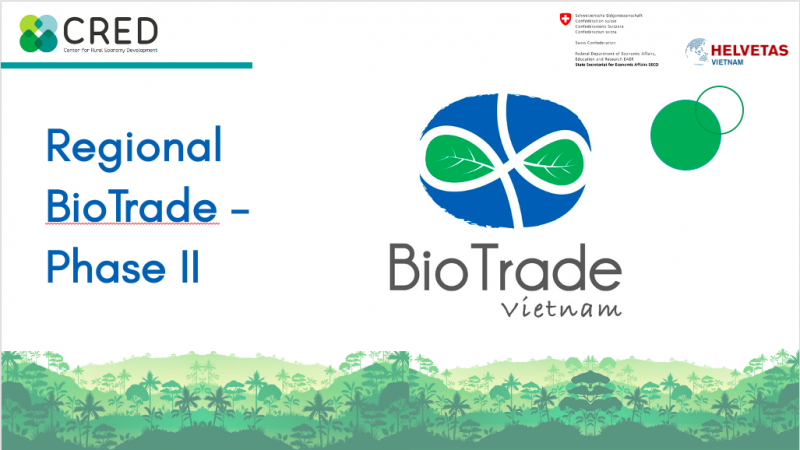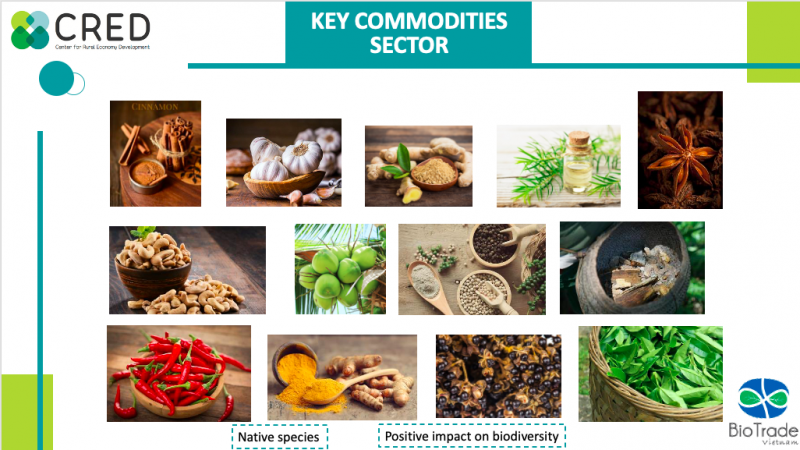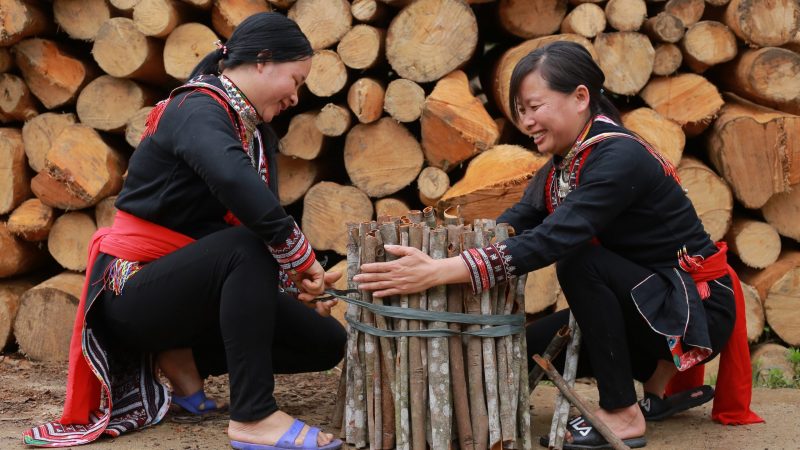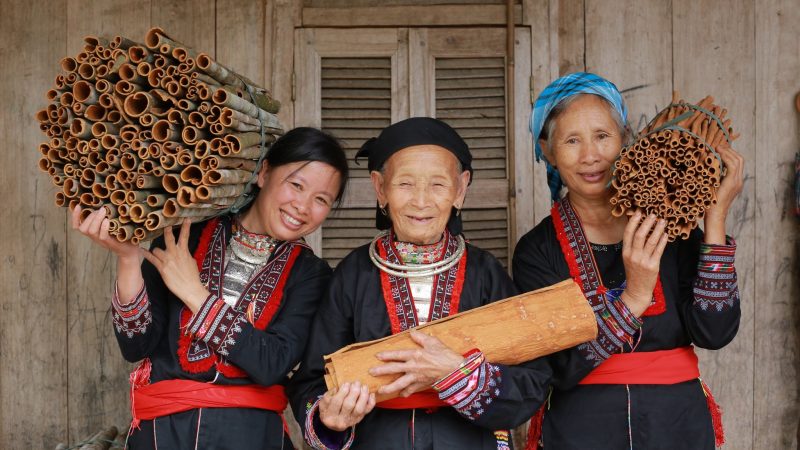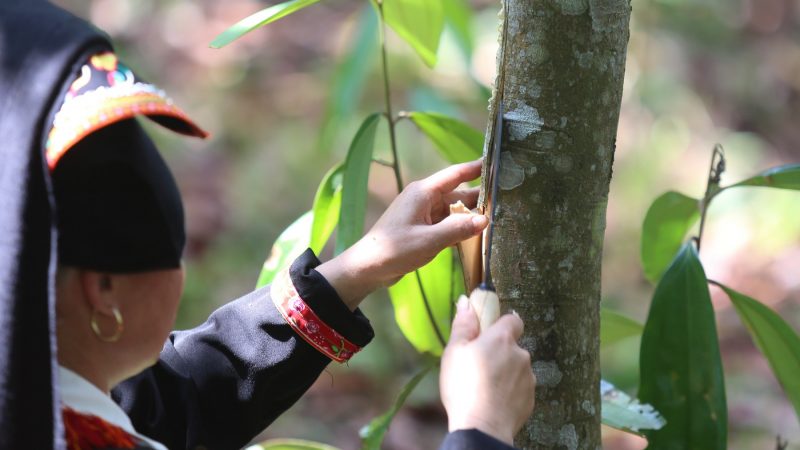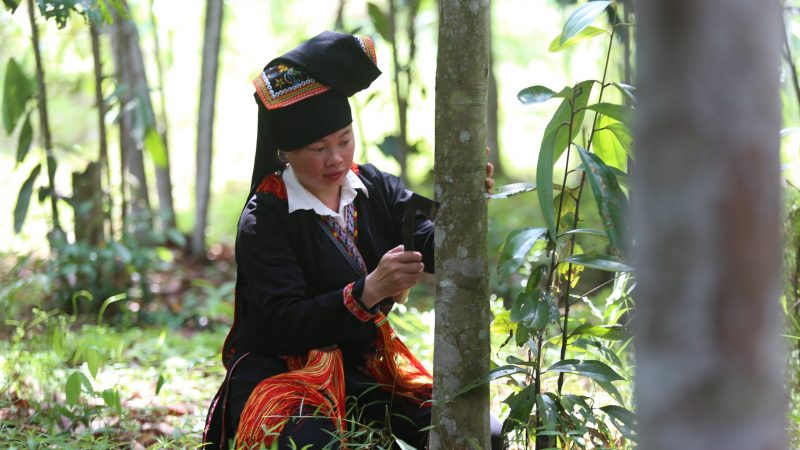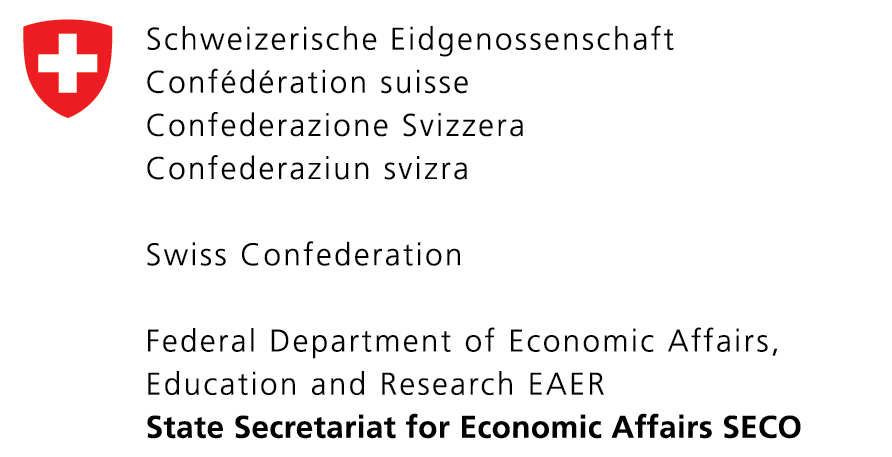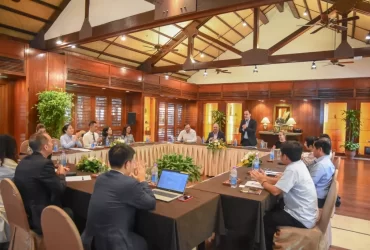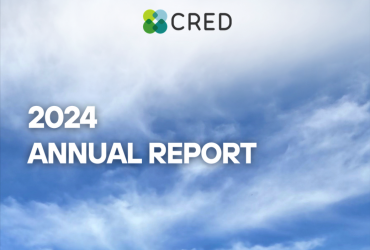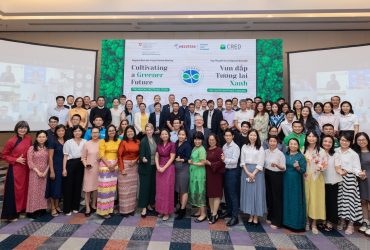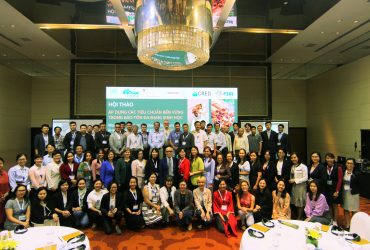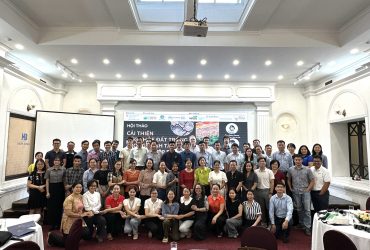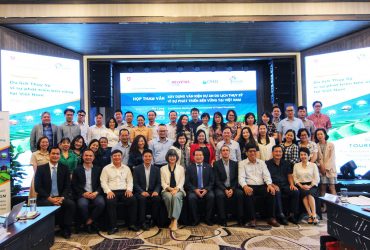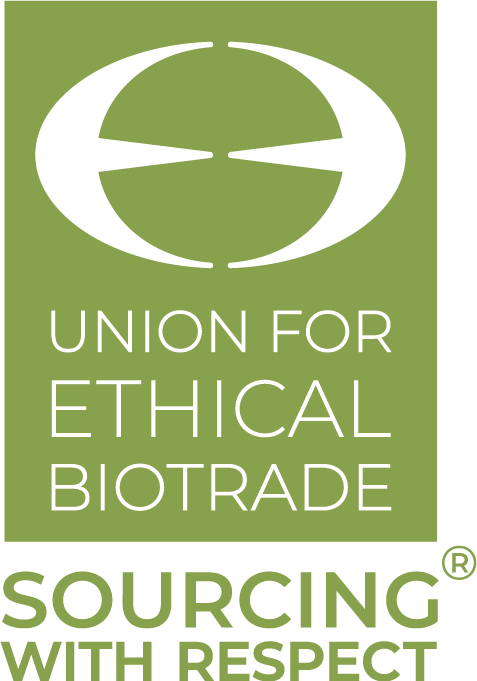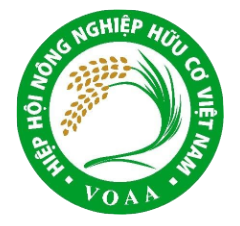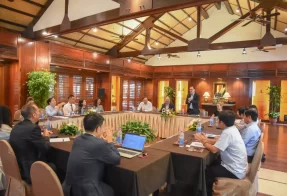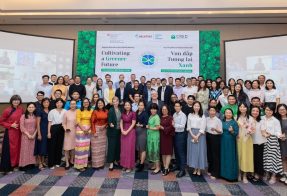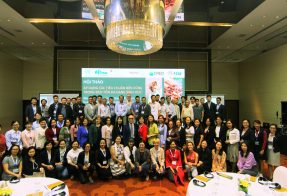The regional BioTrade project – Phase II
PERIOD: From 2020 – 2024
INTRODUCTION
The Regional BioTrade Project – phase II has its roots in the BioTrade Initiative, started by UNCTAD to support the objectives of the Convention on Biological Diversity and now being embraced by some segments of the private sector and certain governments globally.
The project is funded by the Swiss State Secretariat for Economic Affairs – SECO and implemented by HELVETAS Vietnam and Center for Rural Economy Development – CRED. HELVETAS is responsible for project management in the regions: Laos, Myanmar and Cambodia. CRED is responsible for implementing the project in Vietnam.
KEY PARTNERS
- The Union for Ethical BioTrade (UEBT);
- Business Support Organizations (National and local associations, Trade Promotion Organizations, certification consulting companies);
- Sustainable value chain advisors, business consultants, Small & Medium Enterprises (SMEs);
- Biodiversity NGOs, International and local media agencies
OBJECTIVES
The overall objective of the Project is “Conservation of biodiversity through sustainable trade of biodiversity products in a manner that integrates local exporters / producers into global value chains and increases income for the rural population women and men that depend on biodiversity resources for their livelihoods in the Mekong region”.
APPROACH
The Market Systems Development (MSD) approach was adopted and brought a shift in the project design for phase II. The core transaction at the heart of the Biotrade sector market system is trade of sustainably and ethically produced natural ingredients.
The actors on the supply side of the transaction are processors and exporters of natural ingredients, predominantly SMEs from source countries. On the demand side of the transaction are importers and distributors of natural ingredients, mostly large multinational businesses but also including smaller organizations.
KEY ACTIVITIES
- To facilitate trade promotion activities for the natural ingredients sector;
- To improve business processes and management capacities for SMEs (setting business strategy, marketing, market entry planning and financial planning);
- To support SMEs with sustainable value chain advisory services to build efficient, inclusive supply chains;
- To conduct communication for improved awareness of BioTrade, and influence policy makers to build Biotrade into environmental, economic and trade policies
EXPECTED RESULTS
- At least 7,600 farmers in Vietnam having either new or additional income from producing or collecting and selling BioTrade products, and 300 employees having new jobs or improved working conditions at BioTrade companies;
- Increase in trade turnover for Biotrade products exported from Vietnam to USD 6 million;
- At least 19 exporting companies selling Biotrade products to new clients due to trade intermediation services;
- At least 7 collaborations between biodiversity NGOs and Biotrade companies;
- At least 3 value chain specific changes to policies, including improvements to interpretation or enforcement of existing policies;
- Biotrade is well promoted and mainstreamed into the strategies, plans, and activities of governments, regional intergovernmental organizations, or national institutions.
|
|
 |
 |
|
FUNDED BY
|
IMPLEMENTED BY
|




